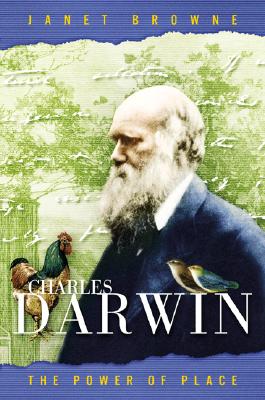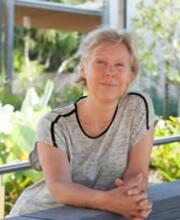

 Princeton University Press
Princeton University Press
Charles Darwin: The Power of Place


Key Metrics
- E Janet Browne
- Princeton University Press
- Paperback
- 9780691114392
- 9.18 X 6.24 X 1.33 inches
- 1.89 pounds
- Biography & Autobiography > Science & Technology
- English
 Secure Transaction
Secure TransactionBook Description
In 1858, Charles Darwin was forty-nine years old, a gentleman scientist living quietly at Down House in the Kent countryside. He was not yet a focus of debate; his big book on species still lay on his desk as a manuscript. For more than twenty years he had been accumulating material for it, puzzling over the questions that it raised, trying to bring it to a satisfactory conclusion, and wanting to be certain that his startling theory of evolution was correct.
It is at this point that the concluding volume of Janet Browne's magisterial biography opens. Beginning with the extraordinary events that finally forced the Origin of Species into print, we come to the years of fame and controversy. Here, Browne does dramatic justice to all aspects of the Darwinian revolution, from a fascinating examination of the Victorian publishing scene to a survey of the debates between scientists and churchmen over evolutionary theory. At the same time, she presents a wonderfully sympathetic and authoritative picture of Darwin himself.
Author Bio
Janet Browne’s interests range widely over the history of the life and earth sciences and natural history. She came to Harvard in 2006 and teaches a variety of courses on evolutionary history and the history of natural history.
After a first degree in zoology she studied for a PhD in the history of science at Imperial College London, published as The Secular Ark: Studies in the History of Biogeography (1983). She has spent many years studying the context of Charles Darwin’s work, first as associate editor of the early volumes of The Correspondence of Charles Darwin, and then in a biography of Darwin that integrated his science with his life and times.
A leading intention of the book was to explore the ways in which scientific knowledge was created, distributed and accepted, moving from private to public, as reflected in the two-volume structure of the work. The biography was received generously both in the UK and USA, and awarded several prizes, including the James Tait Black award for non-fiction in 2004, the W. H. Heinemann Prize from the Royal Literary Society, and the Pfizer Prize from the History of Science Society. She is currently exploring the history of Darwin’s impact on popular culture from the time of his death to today.
She was based for many years at the Wellcome Trust Centre for the History of Medicine at University College London where she taught in the MA, MSc and undergraduate programs in the history of science, biology, and medicine. She has been president of both the British Society for the History of Science and the History of Science Society—curiously, not the first person to do so, but the first woman.
She has an Honorary degree from her alma mater, Trinity College Dublin, 2009.
Source: Harvard University - Department of the History of Science
Videos












Community reviews
Write a ReviewNo Community reviews